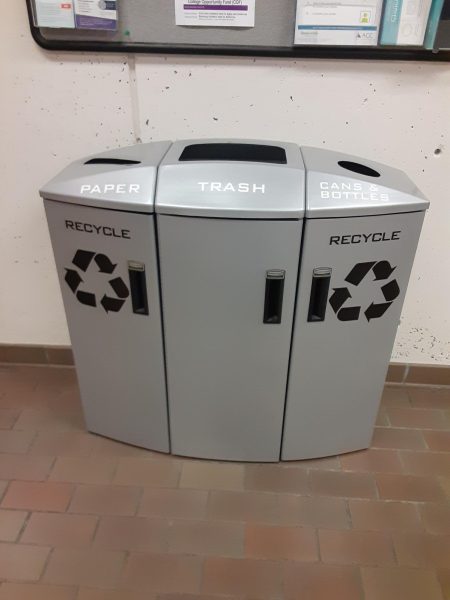Scarlet Letter Plates Could Brand DUI Offenders
Making the mistake of driving drunk could soon haunt you long after you’ve sobered up as Colorado State Patrol seeks public opinion about “scarlet letter” plates to brand convict DUI drivers.
Last week CSP Public Affairs tweeted:
Would you, personally, support a “scarlet letter” indicator on the license plate of a convicted drunk driver?
— CSP Public Affairs (@CSP_News) November 3, 2017
The public response of was mixed. Of the 350 people that responded:

40% said, “ Yes, make them known.”
33% said, “ After 2+ convictions, yes.”
20% said, “Never, too far.”
And 7% said “W/ special circumstances”
The plates would only remain on the offender’s vehicle for the duration of their probationary period which could range anywhere from six months to a year.
This call to action from CSP comes after an increase in drug and alcohol-related DUI fatalities and injuries from 2016 to 2017. As the year comes to a close, CSP has reported 3,657 DUIs, 360 of which have caused crashes with injuries, and 76 have caused deaths.
While the concept is still in it’s infant stages, CSP wants to start the conversation about how to crack down on impaired drivers.
“Scarlet letter” plates or “Party plates” have already been implemented in Ohio, Minnesota, Mississippi, Arkansas, and Missouri.

Many argue that by branding these individuals police officers are more prone to profiling. In the case of Ohio, a greater number of DUIs have been issued since 2004 when the program began, potentially due to marked offenders that would have otherwise gone undetected.
Those who share a vehicle with a spouse or other family members worry that despite never having had a DUI they too could be targeted unnecessarily.
Nicole Derrera of Evans, Colorado disagrees with the proposed change despite experiencing drunk driving’s effects firsthand.
“I wouldn’t support this. I have had the pain of losing someone due to drinking and driving and the person responsible is in prison. There is no reason to publicly label someone who was able to correct and learn from their wrong decision(s). People deserve the right to learn and change. Why do they have to be labeled after they learned their lesson and paid their dues?” Derrera argued.
Others have little sympathy for those who drink and drive.
“Shame is an appropriate emotion to have when your behavior damages/hurts/kills someone else. There are consequences for your choices whether you like it or not. I’m in favor of it for repeat offenders because I like to know when I’m in danger,” Colorado native Barbara Borntrager stated.
What do you think?
Comment below with your thoughts.












